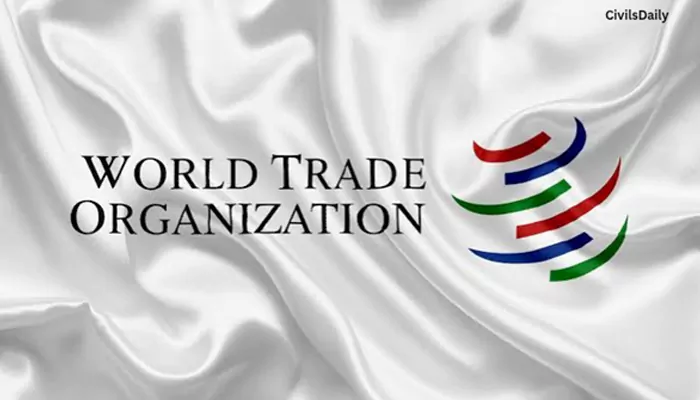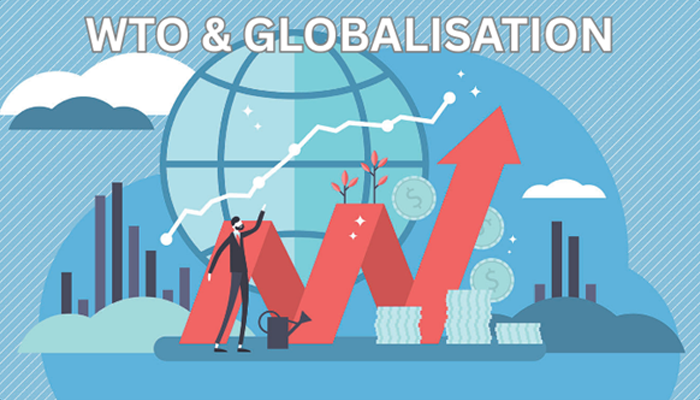Year Ender 2024: The 10 Most Pivotal Geopolitical Developments Shaping Our World Today
- Devyani
- 1 year ago
- 3 minutes read

The global political landscape is evolving rapidly, driven by a combination of technological advancements, resource competition, and ideological shifts. Here are ten critical geopolitical developments influencing our world:
Shift Toward Multipolarity

The dominance of traditional global powers is being challenged by the rise of new players. Emerging economies like India, Brazil, and Saudi Arabia, often termed "swing states," are increasingly influencing global decisions. This transition is reshaping alliances and international policymaking.
War in Ukraine

The ongoing conflict in Ukraine continues to be a central geopolitical concern, affecting energy security, supply chains, and military alliances. Western nations have ramped up military and economic support for Ukraine, while Russia faces tightening sanctions. This war has also catalyzed discussions on energy independence in Europe.
US-China Relations

Tensions remain high, with trade restrictions, military posturing in the Indo-Pacific, and technological competition, especially regarding semiconductor development. The Biden administration continues to focus on reshoring manufacturing and forming alliances to counter China's influence
Energy Transition and Climate Policies

The push for renewable energy and decarbonization is intensifying. The International Maritime Organization (IMO) has set ambitious net-zero emission goals by 2050, which will impact global shipping. Nations are balancing climate commitments with energy security, especially in light of the ongoing fossil fuel reliance.
Geopolitics of Oceans

With 90% of global trade relying on maritime routes, ocean geopolitics is gaining prominence. Critical mineral extraction from deep-sea mining is emerging as a key factor in energy transitions, while disputes over maritime boundaries add to global tensions.
Elections and Political Shifts

The "global elections supercycle" in 2024, involving nations accounting for over half the world's population, is set to redefine international policies. Elections in major economies like the US and EU will influence global trade, climate initiatives, and alliances.
Emerging Democracies

Elections in Indonesia and other nations in Southeast Asia highlight the resilience and challenges of young democracies. Their outcomes could influence regional stability and economic policies.
Global Economic Challenges

Inflation remains a global concern, particularly in emerging markets where rates remain high. China's economic slowdown, fueled by structural issues such as an aging population and reduced productivity, has ripple effects worldwide.
Supply Chain Resilience

Geopolitical shifts, including "friendshoring" and regional partnerships, are reshaping global trade as countries diversify critical supply chains for energy and industrial materials
Focus on Equity and Development

Efforts to address global inequalities are intensifying. Climate finance, such as the $700 million pledged to the Loss and Damage Fund, aims to assist vulnerable nations. Meanwhile, education and health initiatives target sustainable development in regions with growing populations, particularly in Africa and Asia.












